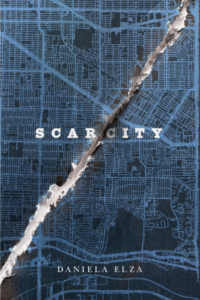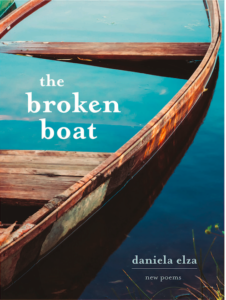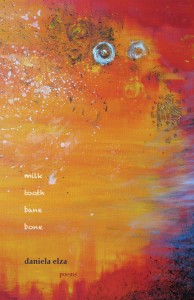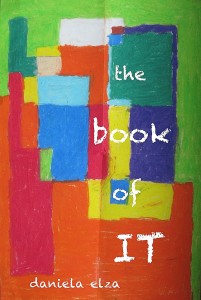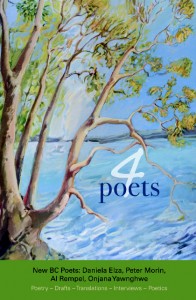term’s end
Posted by Daniela Elza on Nov 28 2008
This week was my last class for the term. It was a culmination, and a celebration. This was a writing class: the kind of class that makes the teacher write, so that the teacher experiences the pains and the joys and the process of writing, which hopefully will transfer over to a better and more real teaching of writing in the classroom.
From what transpired from our conversations and presentations last night I was very happy to hear that the class worked its small miracles in its different, quiet ways. I definitely feel less helpless, and have more clarity in my thoughts about feedback, evaluation, and the importance of allowing space for writing, and holding that space for our students. Especially, when we ourselves know the delight of it, on this journey of meaning making we are all on.
It struck me that so much of the work of the writer is invisible. As a teacher you cannot account for what happens in the students heads, which is where the real meaning making takes place. When the eyes are still, the mind is still, when the mind is still there is space for imagination, emotion, fact, memory to be made sense of. There is room for things to arise, and come together, and from this coming together to be able to pull a skein of words that would be finally placed on a page. But this outward stillness fools us into thinking nothing is really happening, because we are creatures that rely on surface observations. Yet, in writing, most of the work is invisible.
So much of our teaching of writing in school is focused around grammar and proper usage. Carl Leggo says in his manuscript Tangled Lines: Nurturing Writers and Writing:
“The challenge of teaching prescriptive grammar is that the English language is dynamic and organic, always changing. It is impossible to prescribe the the rules for “correct” English language use, because the word “use” is really not a noun at all, but a verb in constant process. What happens in so many writing classes is that writing is stunted by a dictatorial attitude that wants to protect convention and tradition.”
Incidentally, this also reminds me of what Erin McKean said when she spoke at Google: (Verbatim) regarding words that make it into the dictionary and the definitions that they will carry. She said, (off the top of my head here) if enough people get a word wrong it will end up in the dictionary that way. Because the dictionary documents the way the words are used in different contexts and in different kinds of texts. Suggesting again that dynamic, organic, always changing nature of terms.
Makes it a bit difficult to define then what is right and what is wrong. Do we make students aware of such movement. It definitely makes teaching a bit trickier, and a lot more fun. As long as we can face the fact that everything may be changing faster than we are prepared to acknowledge. Which in some ways suggests that we should be more prepared to be in that uncertain place where true meaning is made. Your own. Not just received.
What was great to see is that despite the fact that our teacher, Carl Leggo, could not be there due to personal and family reasons, the class came together as if he were there. Which is in itself a testimony of the meaning the class carried for those attending it. It has been a fun term.
As usual after a class comes to an end, today there is this feeling:
Now what?
